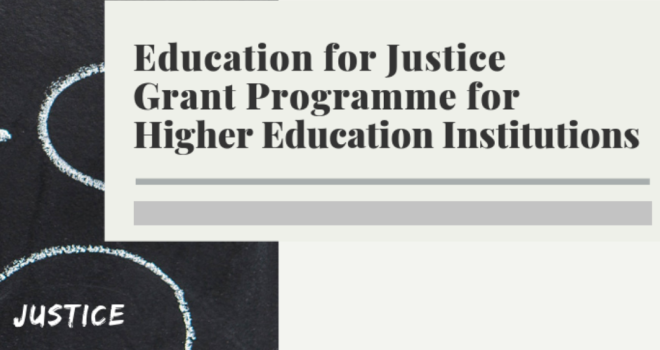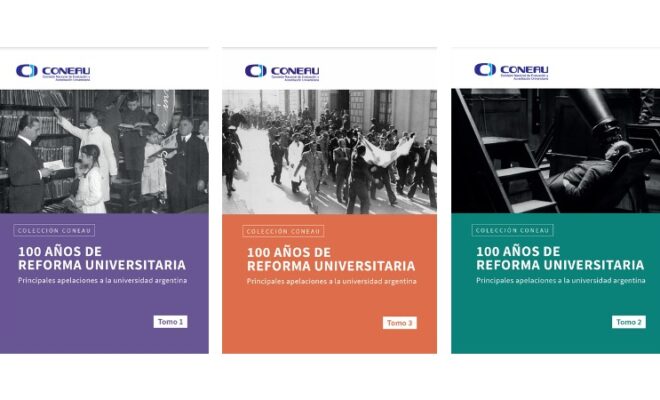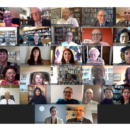A research analyses the background, current diagnosis and prospects for the quality of higher education in LAC

The study Background, current diagnosis and perspectives of the quality of Higher Education in Latin America and the Caribbean was presented at the VII Inter-University Conference: Background, current diagnosis and perspectives of the quality of higher education in Latin America and the Caribbean, organised by the Ibero-American Network of Research and Academic Integrity, held last October virtually and led by the University of A Coruña (Spain).
It brings together the work and research carried out within the framework of the INTERCOONECTA programme – sponsored by the Spanish Agency for International Development Cooperation (AECID) with the participation of UNESCO IESALC and the National Agency for Evaluation and Accreditation (ANECA).
Mary Morocho, the expert who led the research, emphasised that technological innovation, lifelong learning and international collaboration are key elements in meeting the future challenges of higher education in Latin America and the Caribbean (LAC), where the challenge posed by AI forces us to rethink the concept of plagiarism and highlights the importance of maintaining academic integrity.
Quality assurance in higher education in the region is fundamental for sustainable development, equity and inclusion in the region. The report gathers the contributions of 180 representatives of 50 HEIs (from Argentina, Brazil, Chile, Colombia, Dominican Republic, Ecuador, El Salvador, Guatemala, Honduras, Mexico, Nicaragua, Panama, Paraguay, Peru and Uruguay), through the programme ‘LAB. Quality that unites us’ programme, led by UNESCO/IESALC, ANECA and AECID.
This analysis identifies key challenges and opportunities to move towards a more inclusive and innovative education system. HEIs in the region must strengthen teaching, research and community outreach, while promoting equity and inclusion. Areas such as internationalisation of the curriculum, integration of the Sustainable Development Goals (SDGs), digitisation and educational innovation require urgent attention. National quality agencies play a crucial role in setting regional standards and fostering international cooperation to improve higher education in LAC.

RELATED ITEMS








